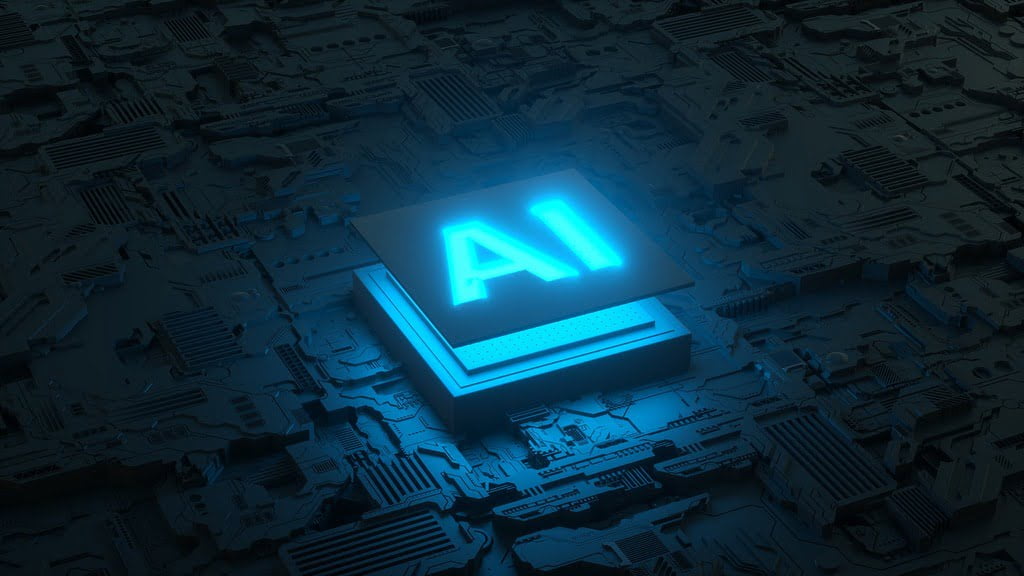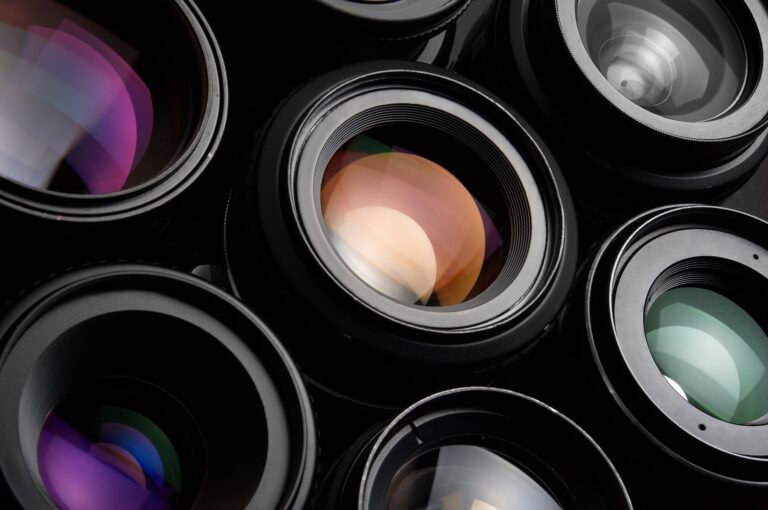Artificial intelligence (AI) and video production are two fields that have seen tremendous growth in recent years. AI has revolutionized many industries, including video production, by enabling faster and more efficient processes. In this article, we will discuss the impact of AI on video production, its benefits, and challenges, as well as its future prospects.
What is AI in video production?
AI in video production refers to the use of machine learning algorithms and computer vision techniques to automate or enhance various aspects of video production, such as editing, post-production, and distribution. These algorithms can analyze and process large amounts of data, enabling filmmakers and video producers to create high-quality videos faster and more efficiently.
Benefits of AI in video production
- Time-saving: AI algorithms can automate many aspects of video production, such as editing, color correction, and audio processing, allowing video producers to create high-quality videos in a fraction of the time it would take manually.
- Cost-effective: AI can also help reduce the cost of video production by automating tasks that would otherwise require human labor, such as data processing and analysis.
- Improved accuracy: AI algorithms can analyze large amounts of data and make predictions based on that data with high accuracy, enabling video producers to make better decisions and create more engaging videos.
- Increased creativity: By automating repetitive tasks, AI frees up video producers’ time to focus on more creative aspects of video production, such as storytelling, character development, and cinematography.
Challenges of AI in video production
- Limited creativity: While AI can automate many aspects of video production, it cannot replace the human touch when it comes to creativity and artistic expression.
- Data privacy concerns: The use of AI in video production raises concerns about data privacy, as it requires large amounts of data to be processed and analyzed.
- Need for specialized skills: To effectively use AI in video production, video producers need to have specialized skills in machine learning and computer vision, which can be a challenge for many in the industry.
- Integration with existing workflows: Integrating AI into existing video production workflows can be a challenge, as it requires significant changes to established processes and technologies.
Applications of AI in video production
- Automated editing: AI algorithms can automatically edit raw footage, removing unwanted sections and enhancing the quality of the video.
- Facial recognition: AI can identify and track faces in videos, enabling video producers to add special effects and enhance the overall viewing experience.
- Speech recognition: AI can transcribe speech in videos, enabling video producers to add subtitles and closed captions to their videos.
- Natural language processing: AI can analyze the language used in videos, enabling video producers to create more engaging and personalized content for their viewers.
- Personalized content: AI can analyze viewer data and preferences to create personalized content, such as product recommendations and targeted advertisements.
Future prospects of AI in video production
As AI continues to evolve, it is likely that its applications in video production will become even more advanced and sophisticated. One area that is expected to see significant growth is the use of AI in virtual reality (VR) and augmented reality (AR) video production. AI can help create more immersive and realistic VR and AR experiences by analyzing user data and preferences and creating personalized content.
Conclusion
AI has already had a significant impact on video production, enabling video producers to create high-quality videos faster and more efficiently. While there are challenges associated with the use of AI in video production, such as data privacy concerns and the need for specialized skills, its benefits are undeniable. As AI continues to evolve, its applications in video production are expected to become even more advanced and sophisticated, creating new opportunities for filmmakers and video producers to create engaging and immersive content for their audiences.
Read more about AI and Video Production





